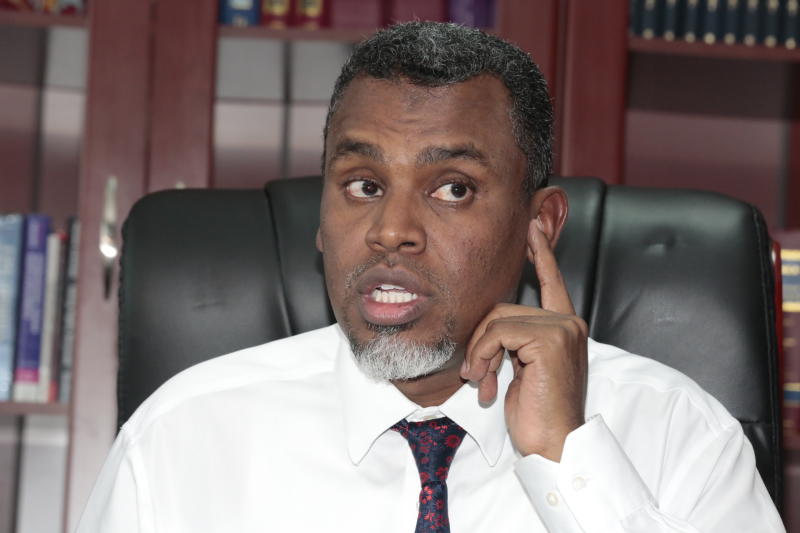×
The Standard e-Paper
Smart Minds Choose Us

Director of Public Prosecution (DPP) Noordin Haji is determined to sink his fangs deeper into the Kenyan political and bureaucratic system, if that is what it will take to rid Kenya of endemic graft
Haji says he is not satisfied with the prosecutions he has undertaken and is pulling all the stops to nail more high profile graft suspects. He says the challenges he has endured in the short span have strengthened his resolve and opened doors for clarity on what he ought to do.